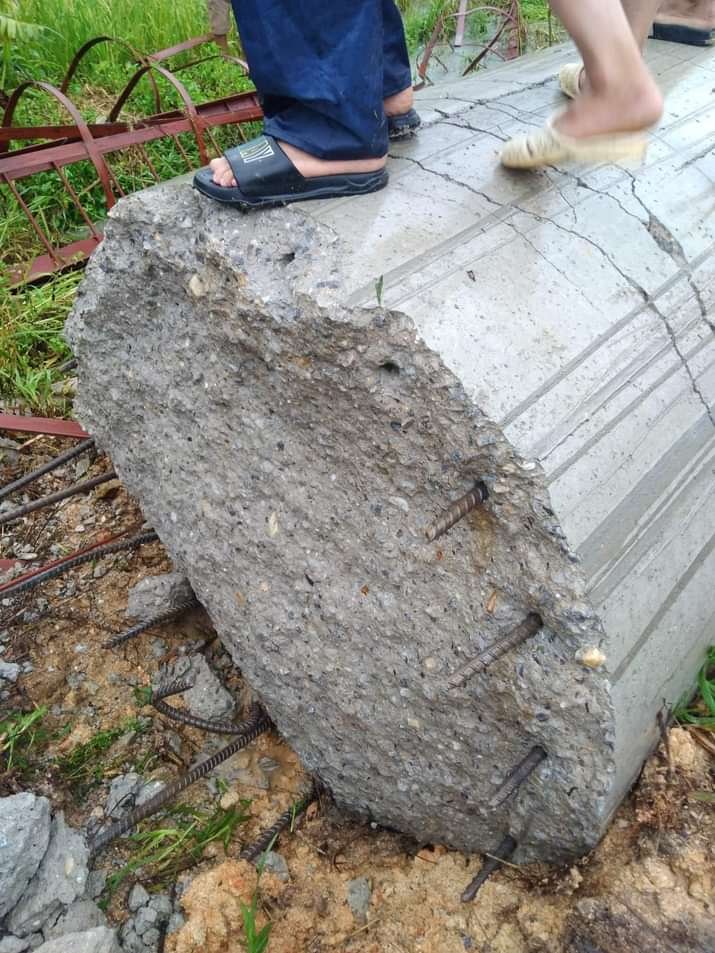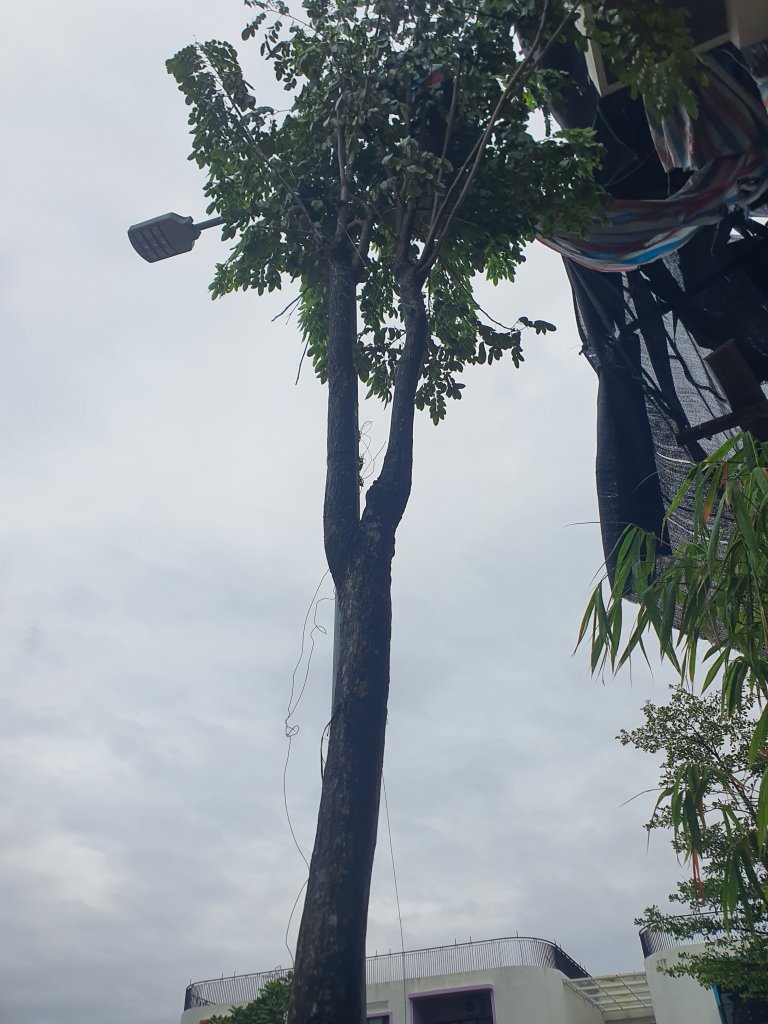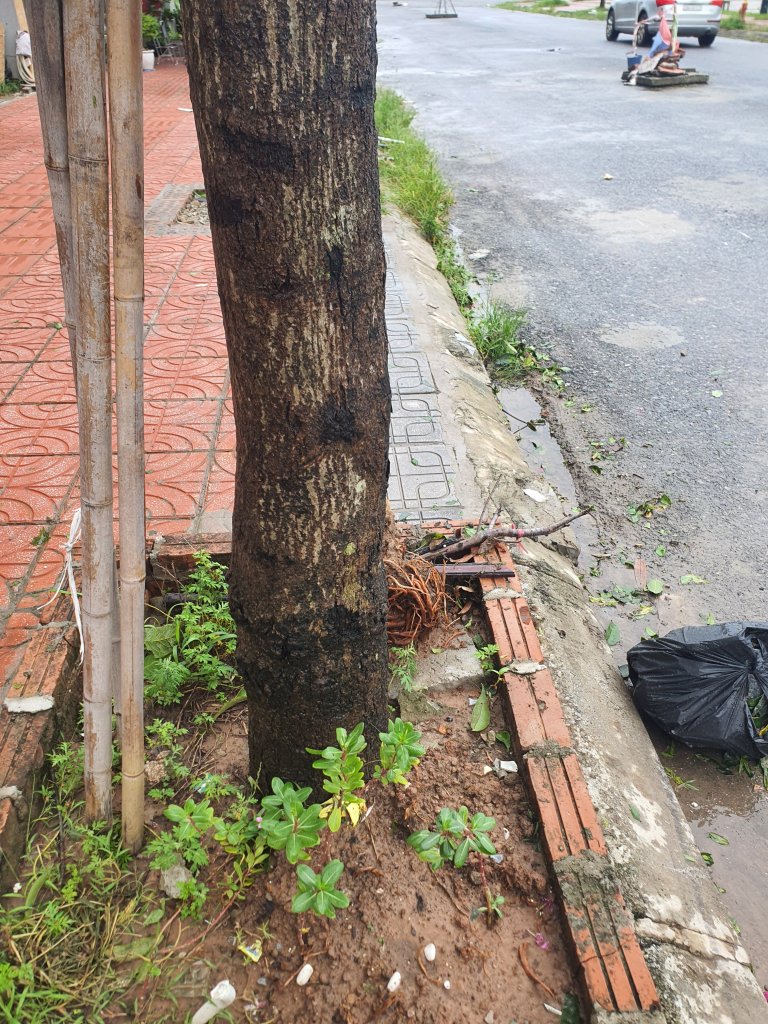Nếu nói như cụ thì các chung cư bị bung cửa kính thì cửa phòng của họ nếu đóng kín thì làm gì có cơn gió nào thổi từ trong ra để đẩy cửa kính ra ngoài???
Mời cụ đọc một link chính thống của Chính quyền HK
In fact, the breaking of glass windows during typhoons is mainly due to the following three reasons: (1) impact on the windows by hard windborne debris; (2) the pressure exerted by winds (i.e. wind loading [1]) directly on the windward side of the building exceeds what the glass window can withstand;
(3) high winds blow across buildings leading to a difference in air pressure between indoor and outdoor and the glass window cannot withstand the induced force. We may explain the last point with the Bernoulli's principle. The Bernoulli's principle is derived from the law of conservation of energy (i.e. the sum of kinetic energy, potential energy and internal energy must be kept constant). The simple interpretation is: when a fluid (e.g. air) increases in speed of motion and its height remains the same, its pressure will decrease.
There are many applications of the Bernoulli's principle. For example, an aircraft wing is specifically designed in a way that the air flowing over the top surface of the wing moves faster than that below its bottom. According to the Bernoulli's principle, the pressure on the upper surface of the wing will be lower than that from below. This pressure difference results in an upward lifting force (Figure 2), which counteracts the aircraft’s own weight, enabling it to float in the air.
Why Windows Shattered by Typhoons Fall Outside the Building? Terence Kung March 2020 Whenever a typhoon hits Hong Kong, there may be news reports about shattered glass windows of buildings
www.hko.gov.hk


 )
)








 . Cách tôi trồng là đào sâu cả mét, nhét ngập cả gốc và 1 phần thân cây xuống, lấp gốc hoàn toàn bằng cát (vàng đen được hết) lấp bằng cát nó chặt gốc, giữ ẩm tốt và xốp rễ cây thoát nhanh mau bén rễ vào đất. Nó đây.
. Cách tôi trồng là đào sâu cả mét, nhét ngập cả gốc và 1 phần thân cây xuống, lấp gốc hoàn toàn bằng cát (vàng đen được hết) lấp bằng cát nó chặt gốc, giữ ẩm tốt và xốp rễ cây thoát nhanh mau bén rễ vào đất. Nó đây.





